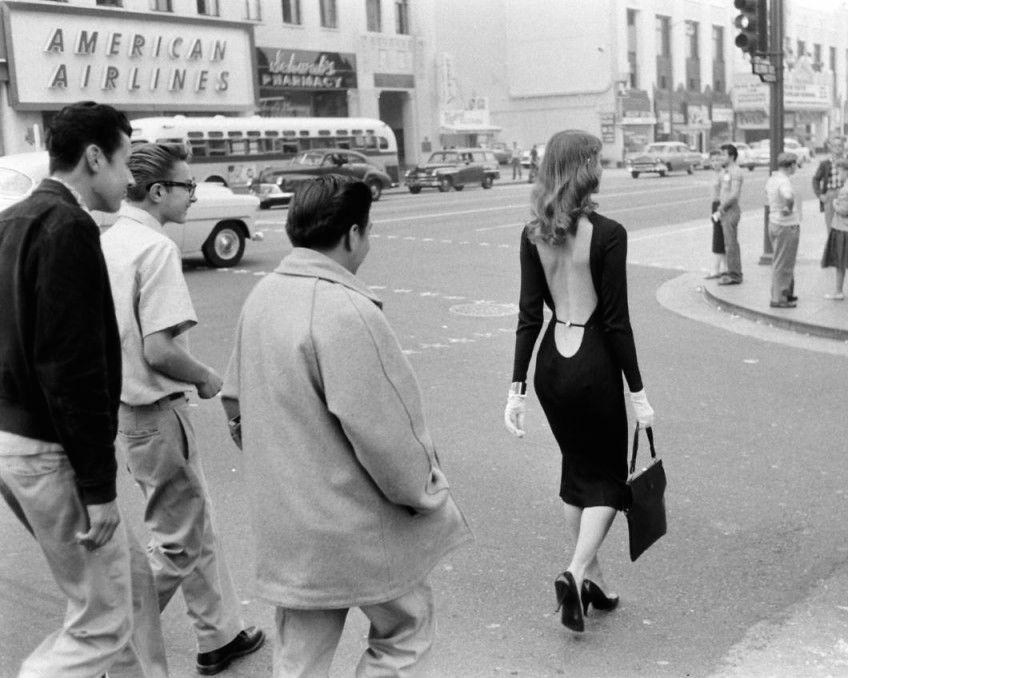Catcalling is verbal harassment, not a compliment

WHEN A friend calls us beautiful, we tend to be flattered. But is there a limit to calling someone beautiful? Walking down the streets, a woman hears, “Hey, looking beautiful!” A few moments later, she spots a man winking at her and then hears a whistle. No, she didn’t ask for it. And no, she was not flattered. In fact, she feels uncomfortable.
Catcalling is when someone, usually a man, makes a whistle, shout, or comment of a sexual nature to a woman passing by. To people who live in major metropolitan areas, it probably happens often – too often to the point that people have even done social experiments to see how many men try to flirt with a woman as she walks down the street, not doing anything to impress anyone. In 2014, an anti-street harassment organization, Hollaback, and marketing agency Rob Bliss Creative released a video of a womanwho gets catcalled more than 100 times while walking around New York City for ten hours. In a heated debate hosted by CNN after the video went viral, Amanda Seales, a standup comedian, commented how it’s “funny because guys think that letting [a woman] know that they would be interested in sleeping with [her] is a compliment, but actually it’s just objectifying [her].”
Just as Seales said, although you might think you’re complimenting someone, the person you are “complimenting” may not actually like it. It all depends on the context of the speech. Even though women try to ignore the catcaller and keep on walking in situations such as these, often men will not stop until they get what they want – a number or a “hook up”. According to an Upworthy article, a man once followed a woman home, repeatedly asking her to marryhim at their first encounter, saying that she must be in love with him just because she was smiling on the subway. The way that men call these bizarre and often threatening actions “compliments” is very harassing.Walking down the street, minding their own business, women do not appreciate such sudden verbal harassment from a complete stranger. In fact, catcalling often does not stop at “hey, beautiful,” but often includes other sexually offensive comments such as commenting on a certain body part.
However, many males think of catcalling as a compliment; they claim that they are just trying to say something nice. In the same discussion on CNN mentioned above, Steve Santagati, author of Code of Honor and The MANual claimed that if men were to switch roles with women, they would appreciate the catcalling and perceive it as a compliment. Nonetheless, catcalling is actually a way of objectifying women – reducing women to a sexual body part. Women have had a long history of being sexually objectified and judged based merely on their appearances, while men have not – which could explain why men would not feel as uncomfortable if they were to switch roles with women. In fact, the idea that women should “appreciate” catcalling is absurd as it implies that catcalling is done with respect, whereas it is a result of sexual objectification and a sense of superiority over women.
Catcalling might not be as common in Korea as it is overseas, but there are similar situations that make people feel uncomfortable. People should be careful when they comment on someone else’s appearance in their daily lives, whether it be positive or negative. The person receiving the comment might feel it as a way of being objectified and unfairly judged. In Korea, such comments are often directed towards women at workplaces and in schools.
To reiterate, women should not be treated as objects – they should not feel uncomfortable or threatened just because they were born female. Catcalling and compliments are two entirely different things. Compliments are tailored to the individual person; catcalls are sexualized and dehumanizing. Compliments are about spreading genuine affirmation, while catcalling is about control and entitlement. Catcalling is a type of abuse, and it never should be tolerated.
Jeong Hong-bin
hbjeong@yonsei.ac.kr

